How do BCAAs work for muscle recovery?
The BCAA are well known to bodybuilding enthusiasts. This acronym comes from the English "Branced Chain Amino Acids" and is translated by "branched amino acids". BCAAs are the combination of 3 essential amino acids that the body cannot synthesize: the leucine, l'isoleucine and the valine. They must therefore be consumed through food or supplements. But do BCAAs really play an important role in muscle mass gain?
Contents
All about BCAAs
What are BCAAs?
The branched-chain amino acids alone represent one third of the family of 9 essential amino acids (tryptophan, lysine, methionine, phenylalanine, threonine, histidine, valine, leucine and isoleucine). BCAAs are metabolized only in the muscles, unlike other essential amino acids which are first assimilated by the liver.
As a reminder, an amino acid is a molecular structure that participates in the composition of proteins. It is an essential element for life. They are directly absorbed by the human body to develop and consolidate the muscle mass.
What is the difference between BCAAs and EAAs?
Now that we know what BCAAs are, are they different from EAA. The EAA (Essential Amino Acids) simply correspond to the 9 essential amino acids mentioned above.
Of the 20 amino acids that make up proteins, 9 are said to be "essential" because the body does not have the capacity to produce them on its own. They must therefore be provided through the diet. On their side, the BCAA integrate only 3 essential amino acids on the 9.
The field of action of the EAA is thus more important. If the BCAAs allow to limit the degradation of proteins during the effort, the EAA go even further, insofar as they also help to increase the synthesis. They are thus more effective for the muscle building.
However, since BCAAs generally have a higher leucine concentrationthey allow to increase the protein metabolism. They are rather intended for sportsmen who manage to consume a sufficient quantity of proteins daily.
What is the role of BCAAs?
Benefits of BCAAs
As we started to mention, the role of branched-chain amino acids is to promote muscle anabolism. They participate in the development of muscle tissue and are essential for muscle gain. By preventing the body from drawing on its reserves, they fight against catabolismThis phenomenon of muscle cell destruction leads to a loss of mass.
The BCAAs allow the protein synthesis. It is the process that transforms food and food supplements in muscles. They also help the body to shorten the phases of fatigue.
They also improve congestion. The muscles Since the body needs a lot of blood to develop, BCAAs increase its inflow during exercise. The state of well-being reached during this process has been compared by Arnold Schwarzenegger to a kind of nirvana that provides incomparable pleasure.
BCAAs slow down muscle soreness and are essential for a good muscle recovery.
Finally, you should know that taking supplements is not necessary to build muscle or lose fat. On the other hand, athletes who work out need more vitamins and minerals than people who do not practice sports. Dietary supplements are therefore a major ally in making lasting progress.
Contrary to what some rumors suggest, BCAAs are not doping products. They are natural compounds found in certain foods.
They allow you to be more efficient during your exercises at the weight room. They push back your fatigue during training and promote the muscle reconstruction after the effort. This is mainly due to the secretion of alanine caused by the absorption of these supplements. The body increases its resistance and is able to support longer and more intense efforts. They are thus as well adapted to the athletes of endurance as to the sportsmen of force.
The dangers of BCAAs
It is very rare that some people temporarily suffer from nausea or poor motor skills after consuming BCAAs. However, no scientific study has been able to demonstrate any danger associated with their use.
If overdosed, their consumption may not be effective in achieving the desired goal. Overuse can also create digestion problems and gastrointestinal disorders.
Who can consume BCAAs?
Beginning sportsmen and women can obviously consume them, but experienced practitioners will benefit more. The top athletes necessarily consume it.
On the other hand, the following people should not take BCAAs:
- women who are pregnant or breastfeeding,
- people who regularly consume large amounts of alcohol,
- those who suffer from diabetic ketoacidosis,
- people with amyotrophic lateral sclerosis,
- people in a pre- or post-surgical situation.
Most often, branched-chain amino acids are consumed in powder form. They are generally flavored and are consumed in a shaker with water.
Bodybuilders or experienced athletes usually add glutamine, vitargo or maltodextrin.
When we practice bodybuilding, it is essential to drink plenty of water throughout the day. Consuming BCAAs is also a way to drink, before, during and after the session.
You can also find these food supplements in capsule form. It's up to you to decide what suits you best.
How to consume BCAA?
When to take BCAAs?
BCAAs can be consumed during two distinct periods:
- the phase of dryer
- the phase of weight gain
A dry phase allows you to keep part of your muscle mass while losing fat. During this period, supplements such as BCAAs will prevent the body from losing energy and help slow down muscle loss. The supplements can be taken during the day.
During a mass gain phase, BAA will be consumed :
- before training, to prevent the degradation of muscle cells;
- during training, to strengthen muscle fibers and maintain resistance to fatigue;
- after training, in order to repair small muscle injuries and activate the development of muscle mass.
Their assimilation will make the physical exercise much more fluid and will optimize the muscular recovery.
How much BCAA to consume?
The dosage of your BCAAs depends on your objective.
A consumption of 3 to 5 grams per day helps to reduce the proportion of fat during the dryness for those who practice bodybuilding.
To increase muscle mass, it is recommended to take 5 grams before the session, 5 grams during and 5 grams after, for a total of 15 grams. This amount is recommended for people who want to intensify their sessions.
In addition to dietary supplements, you can also find branched-chain amino acids in your daily diet. To help you in your daily life as a sportsman, here is a list of foods rich in amino acids :
- eggs,
- milk,
- fish,
- seafood,
- Spirulina, an algae that can be found over the counter in specialized shops, in powder or tablet form.
How to choose BCAAs?
When sold as dietary supplements, BCAAs are characterized by 3 numbers. In the names of the products, you will find a series of numbers generally ranging from 2.1.1 to 10.1.1. The first one designates the leucine content, while the last two correspond to isoleucine and valine.
For intensive weight training, it is best to turn to BCAA 8.1.1. The XCORE 8:1:1 from Prozis are undoubtedly the best BCAAs for experienced athletes. They make it possible to push back the limits of tiredness while keeping a stable level of performance. Another advantage is that this product can be used both in the dry phase and in the period of mass gain. Rich in vitamin D, this bodybuilding food supplement does not contain stimulants and can therefore also be consumed in the evening.
More widely, Prozis offers a range of BCAA accessible to the practitioners of bodybuilding and fitness, whether they are beginners or confirmed. You will find different products with many flavors: natural, exotic fruits, lemon, cola, orange, apple, etc.. There are of course other brands just as interesting.
In summary, here are the ratios I recommend you choose based on the intensity level of your workouts:
- BCAA 2.1.1 for those just starting out,
- BCAA 4.1.1 for normal exercise,
- BCAA 8.1.1 (or higher) for athletes who are training intensively.
Conclusion
Now you know everything about the BCAA supplementation. As a sportsman, other food supplements such as whey protein, the omegaGlutamine, creatine, carnitine or casein can help you reach your goals.
Other articles to read :
Are fat burners really effective?
What are the benefits of omega 3 for bodybuilding?
All about Whey: a multi-functional protein powder
What is the use of spirulina in bodybuilding?

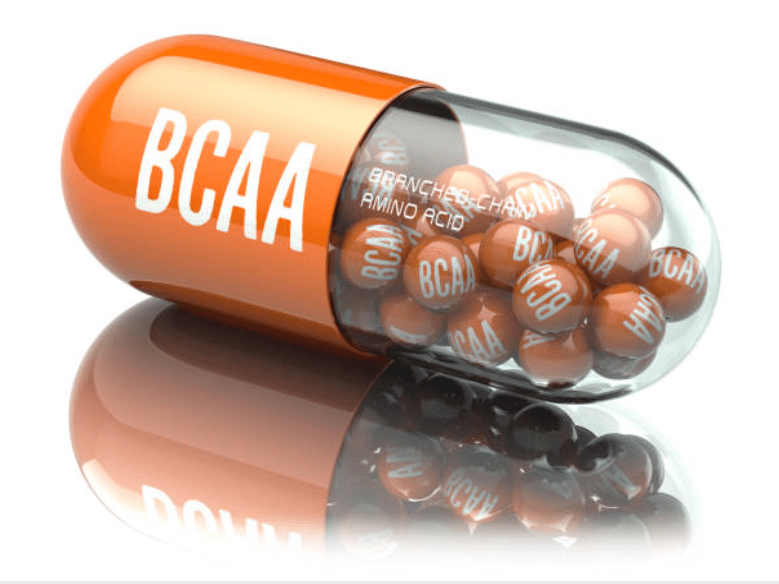

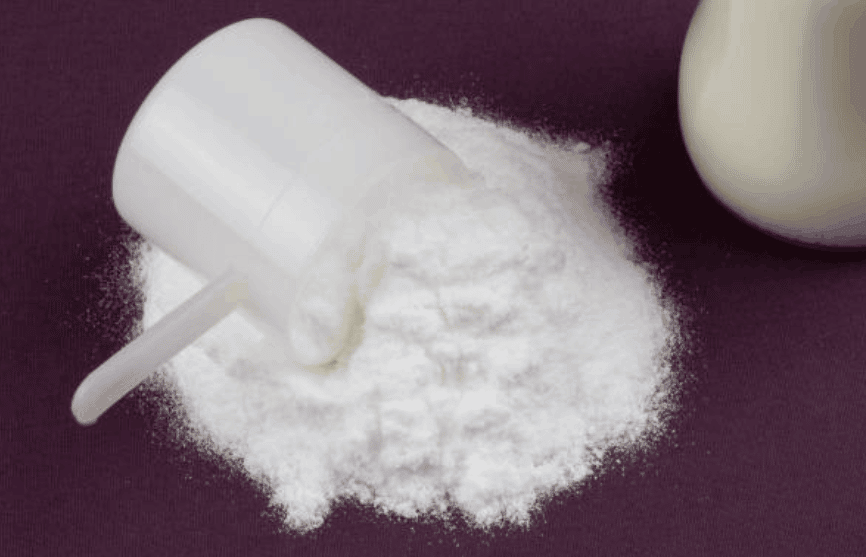

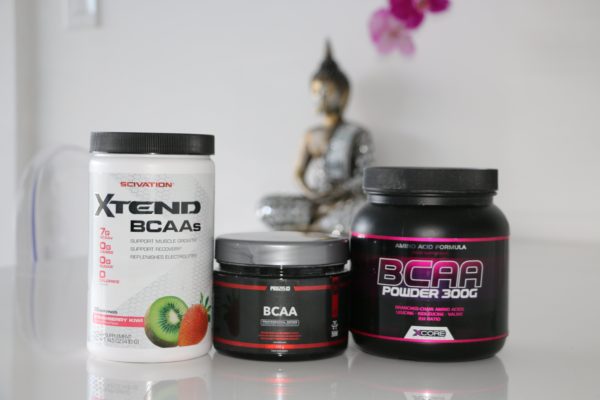
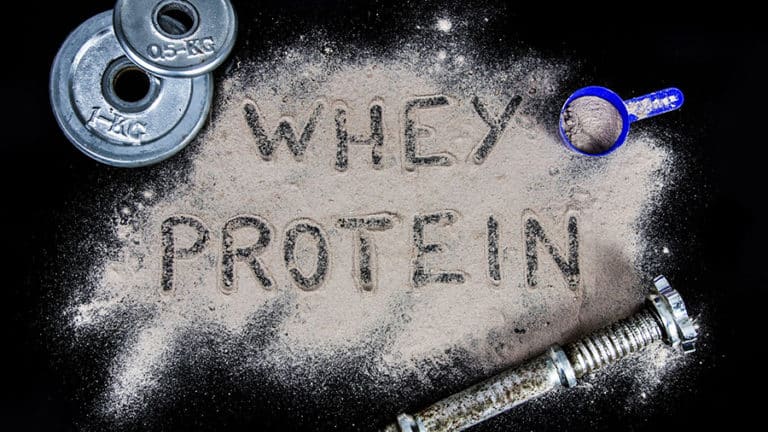
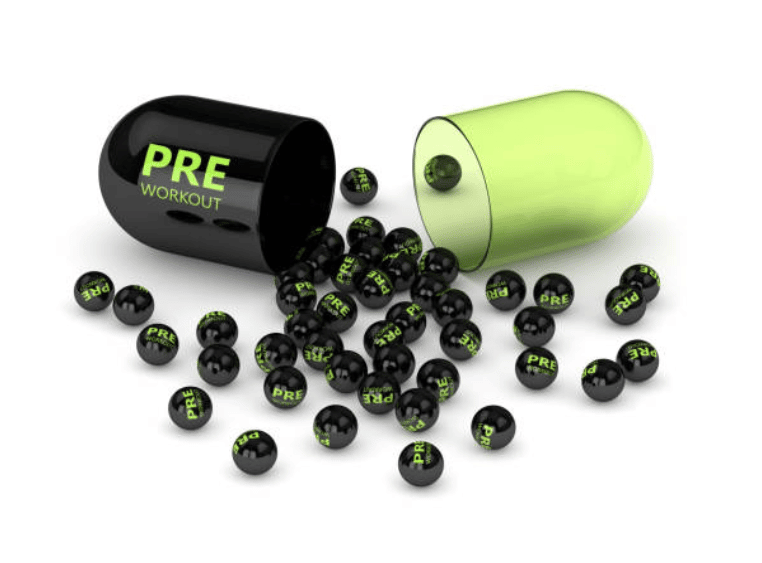


hi julien i don't consume a lot of food supplements but the BCAA's do and i find your article very instructive thank you
It would seem from what many people say that BCAA's are useless.
What do you think?
The recent studies that point to the uselessness of BCAAs are very limited and cannot be generalized so easily as some would like to claim.
There is no need to take BCAA's if you have already taken a dose of whey protein before or after training and it is not necessary to take them on an empty stomach either.
For my part, I continue to take them in particular to reduce muscle fatigue at the end of a workout and to strengthen the immune system, improve recovery and reduce soreness after training.
Hello, Julien,
I train mainly on an empty stomach in the morning, is the use of EAA a good way to avoid Catabolism even if I don't consume any source of carbohydrates before a workout?
Yes it can help especially if you train on an empty stomach. Remember to eat after your training without waiting too long.